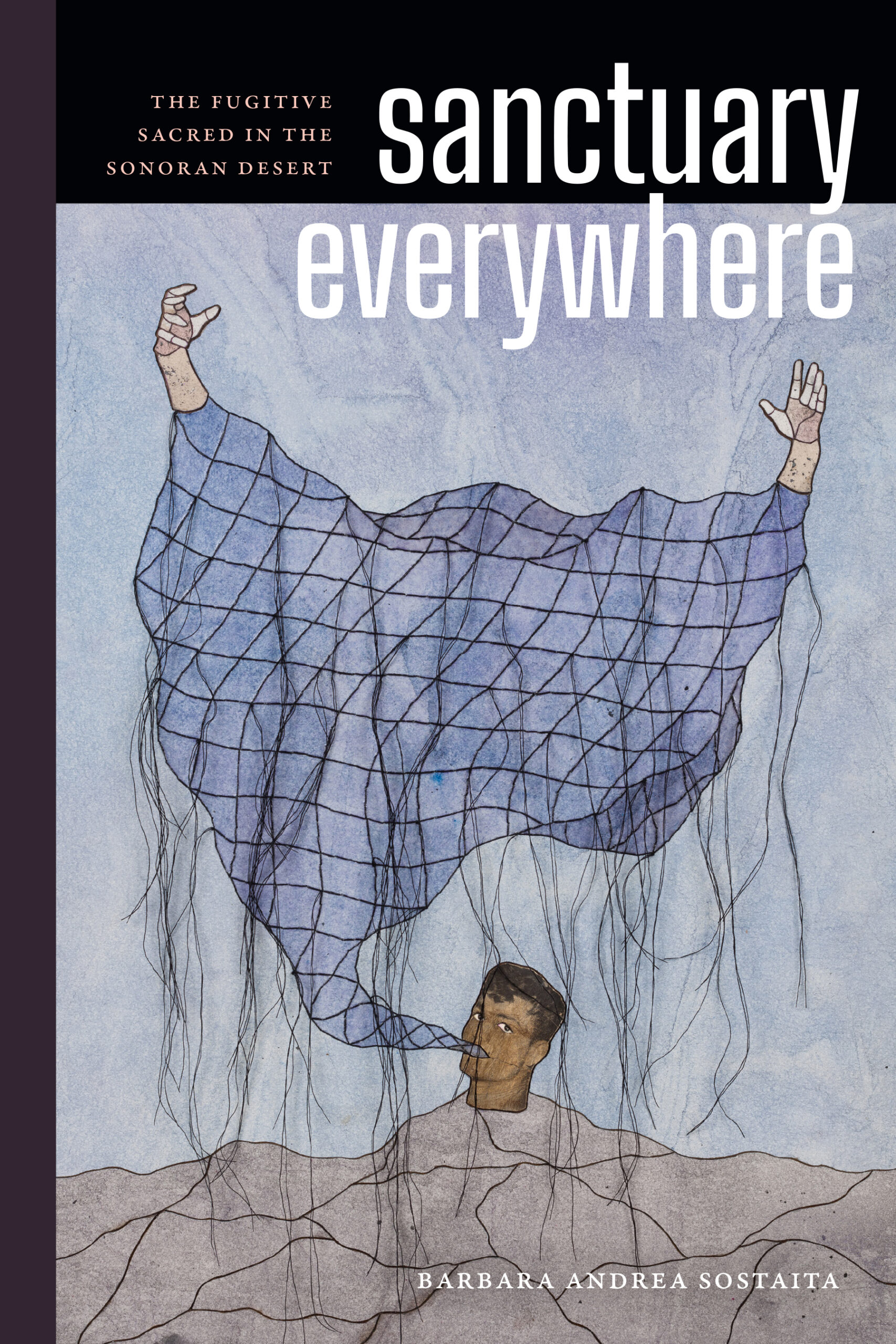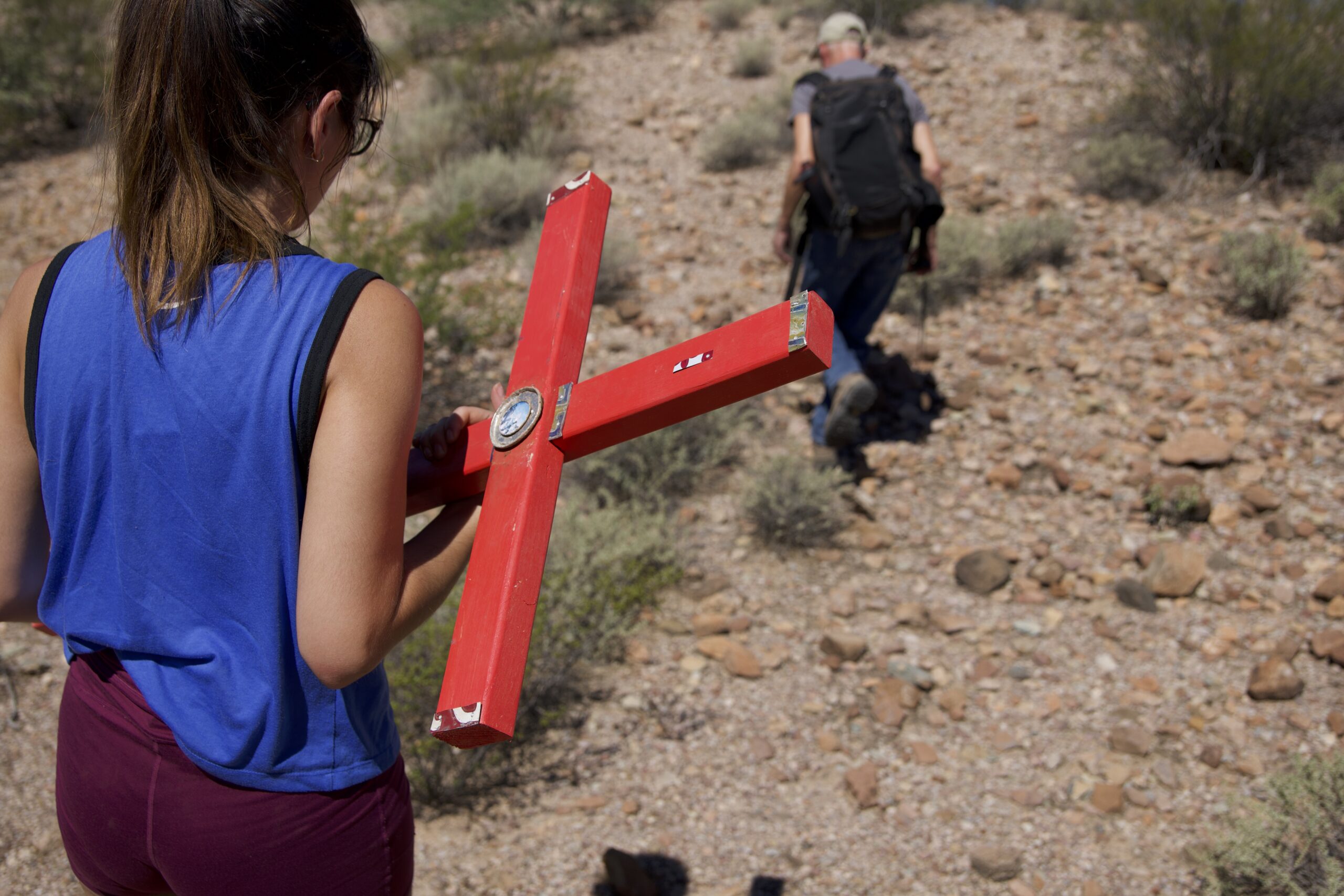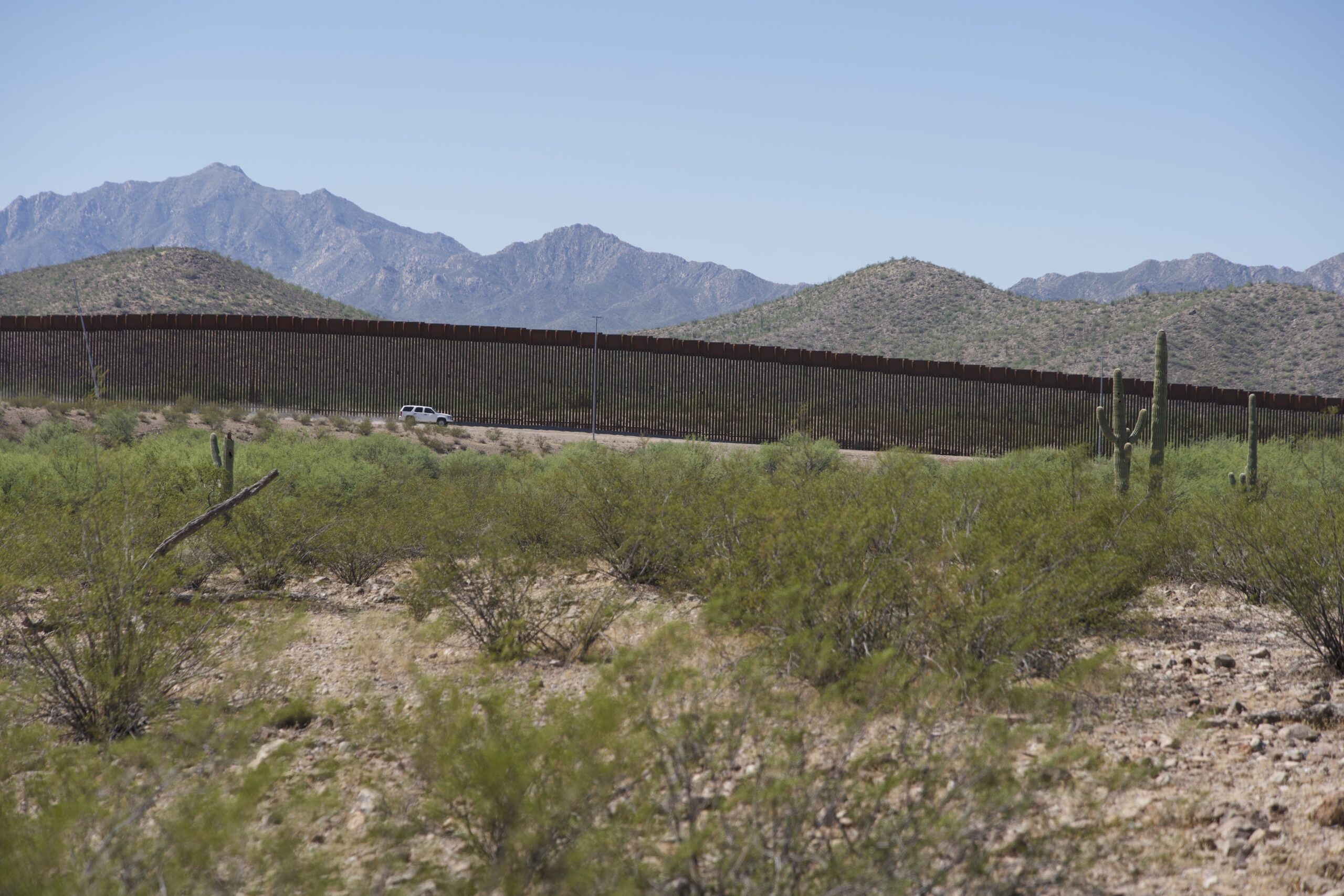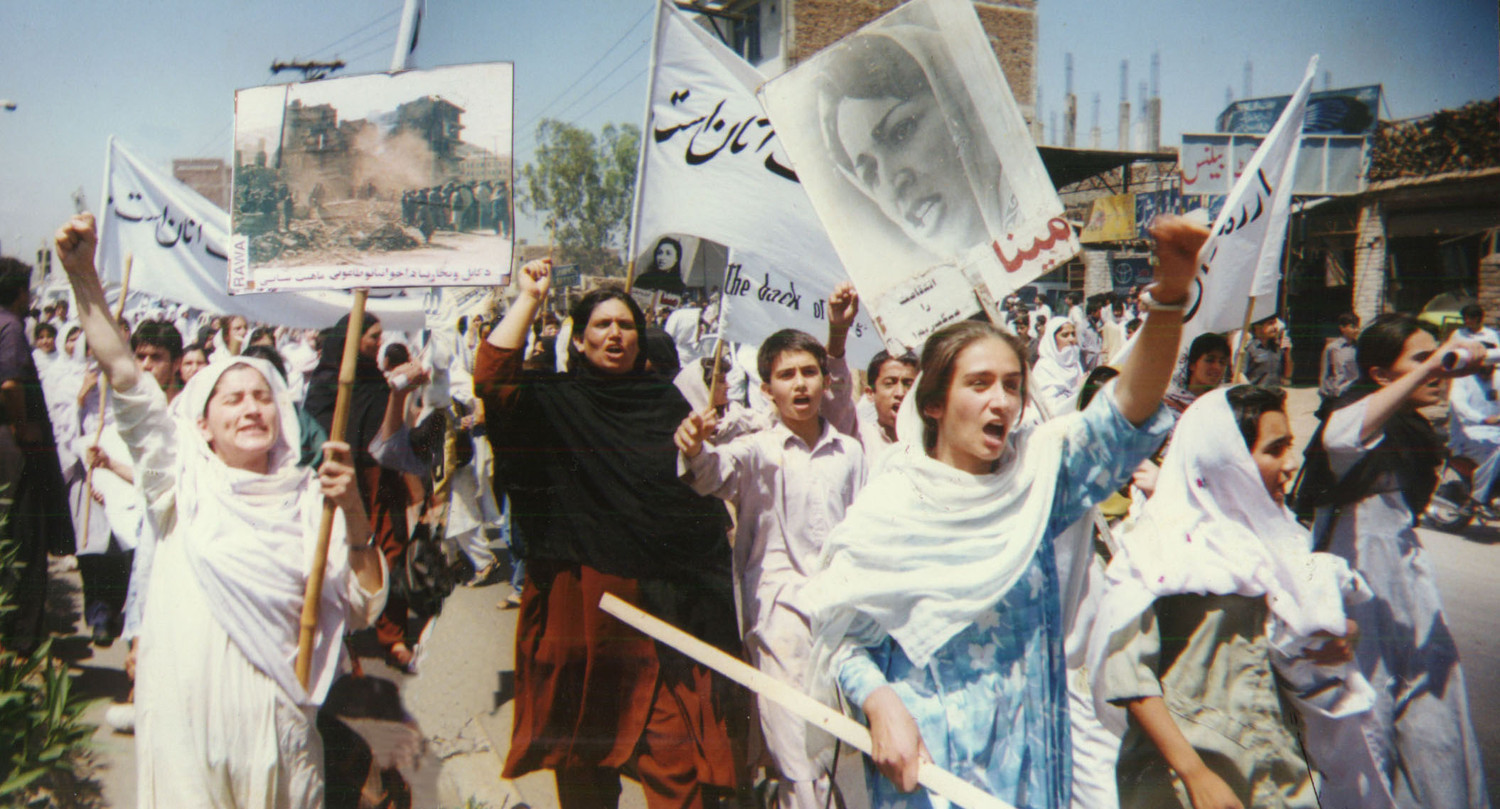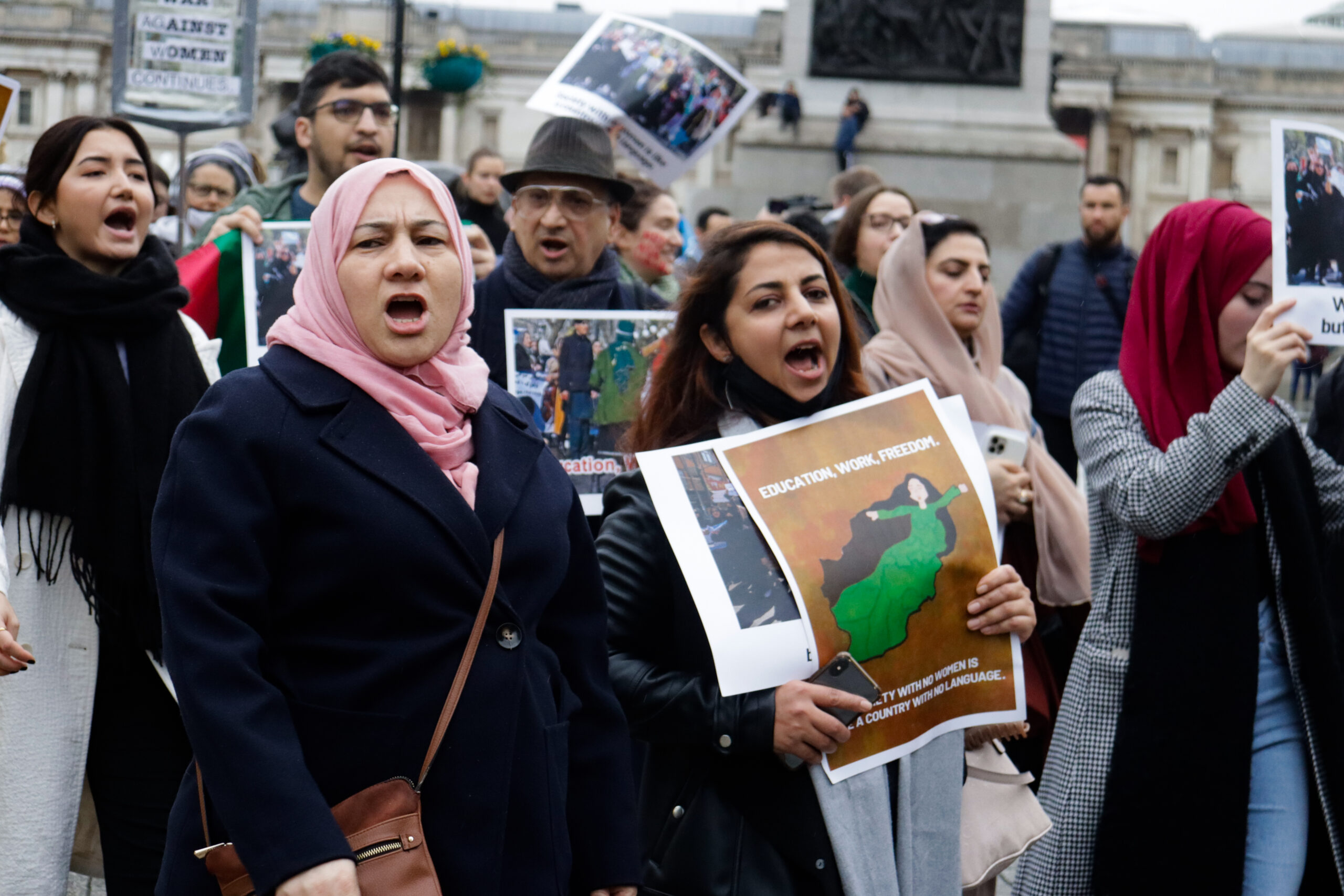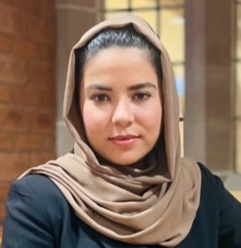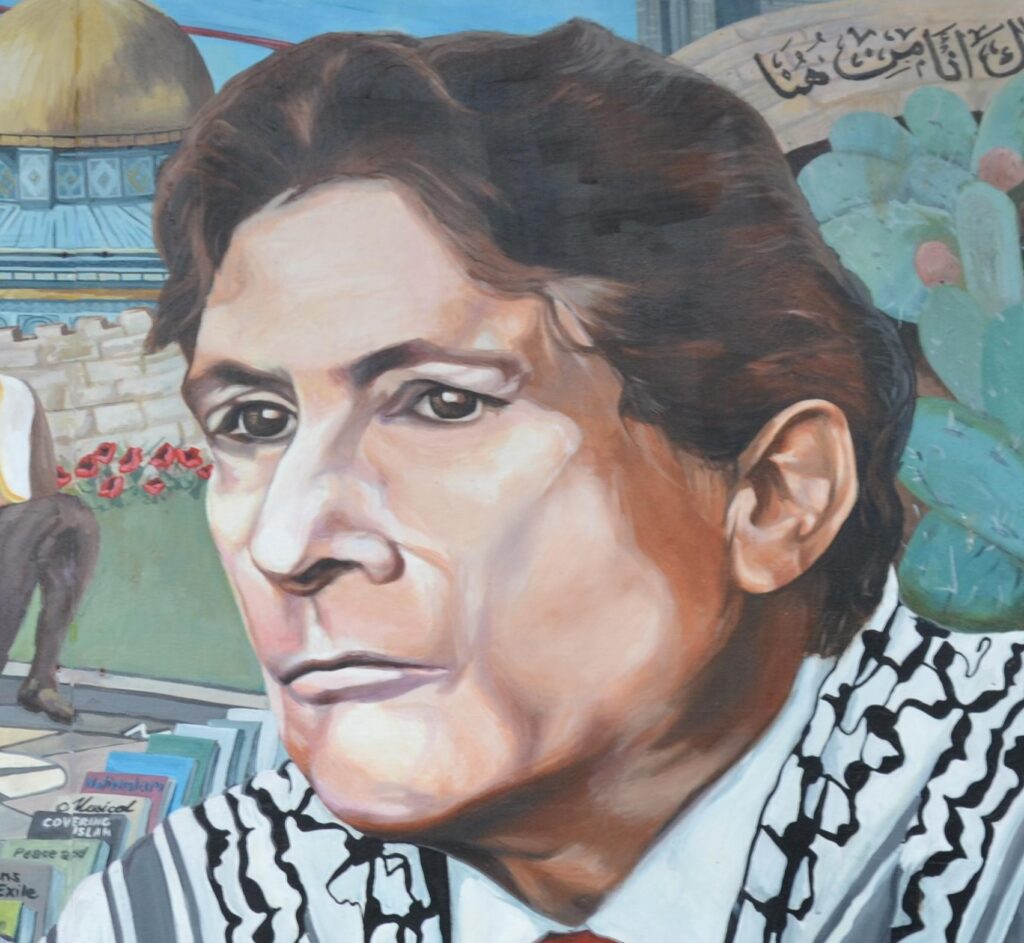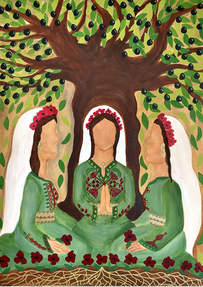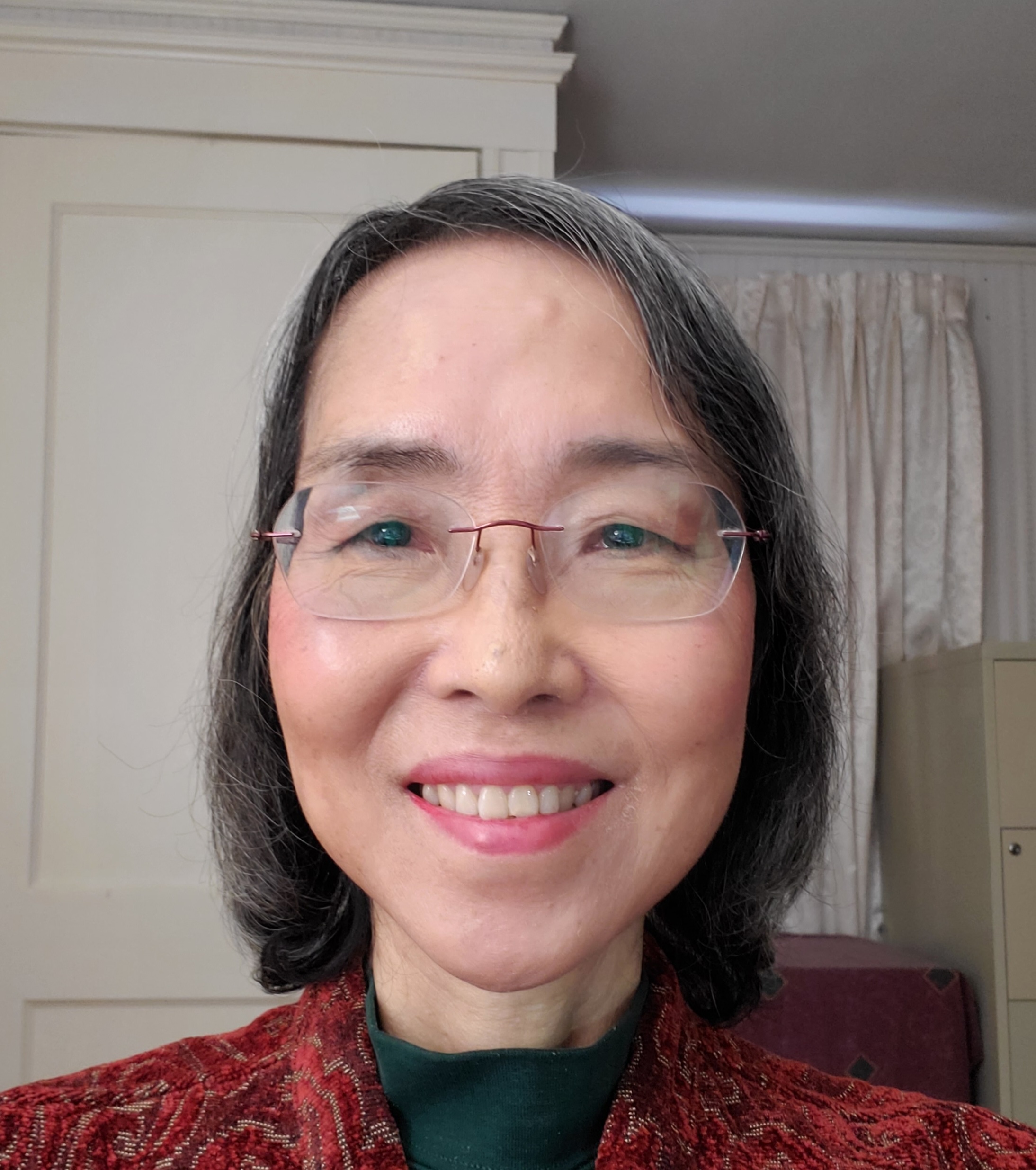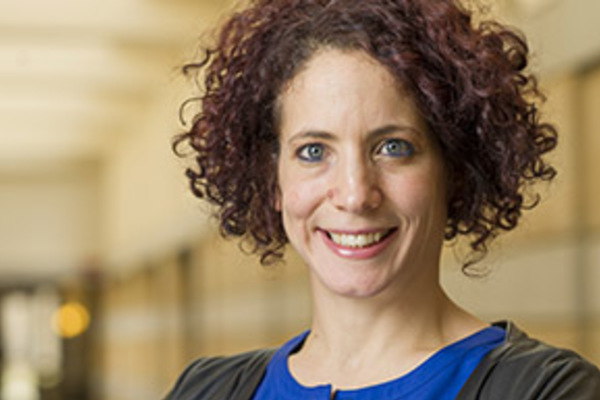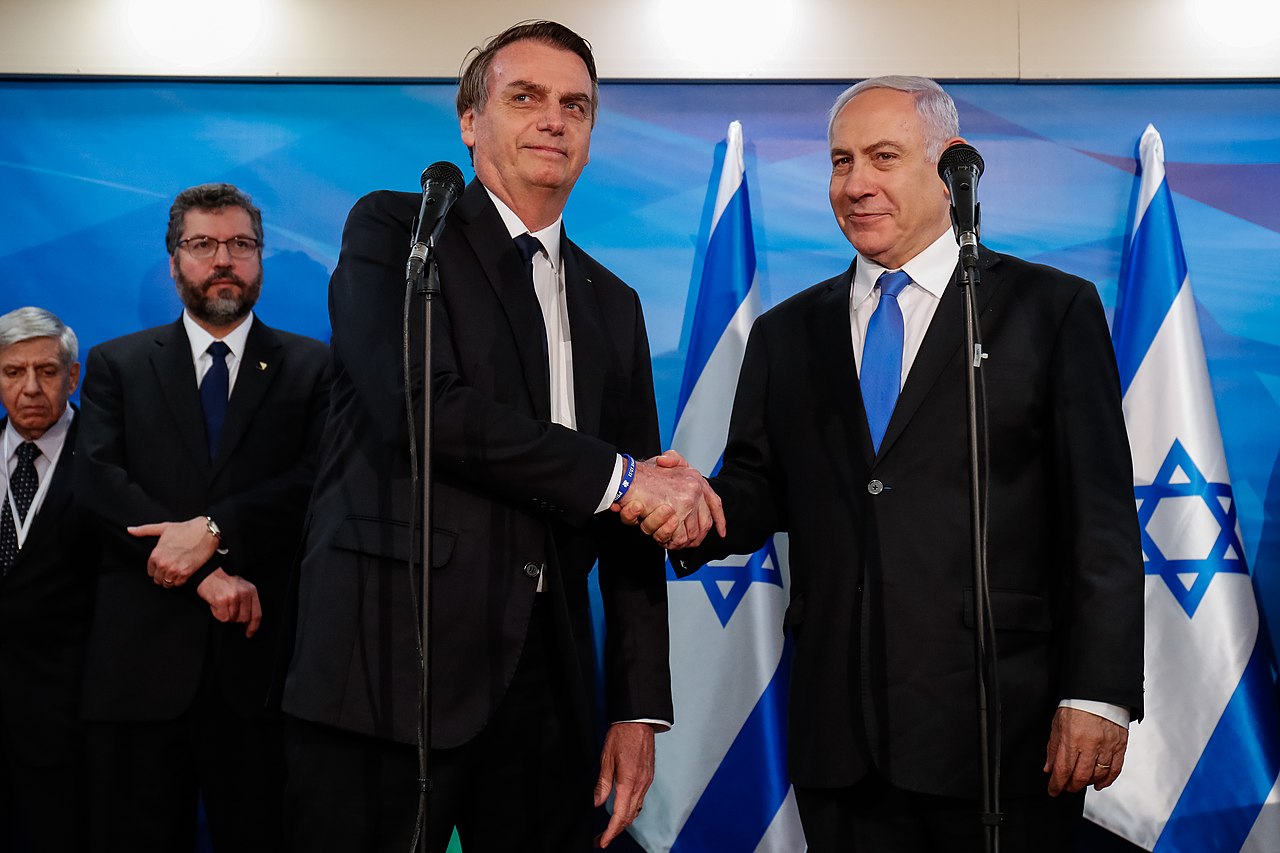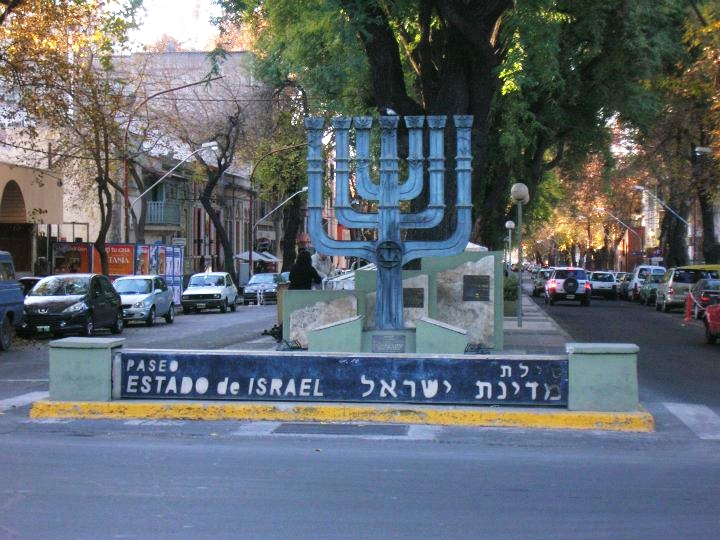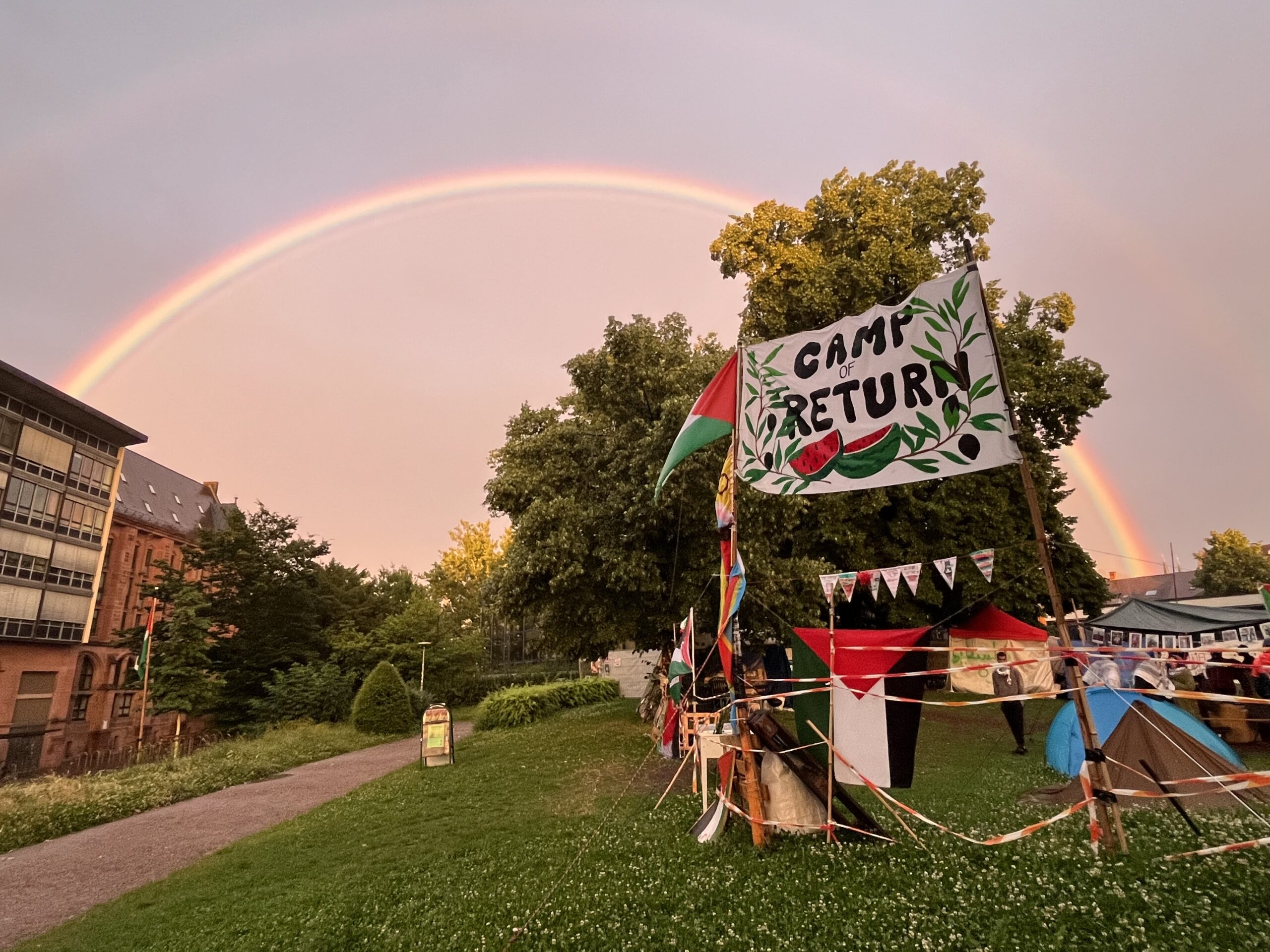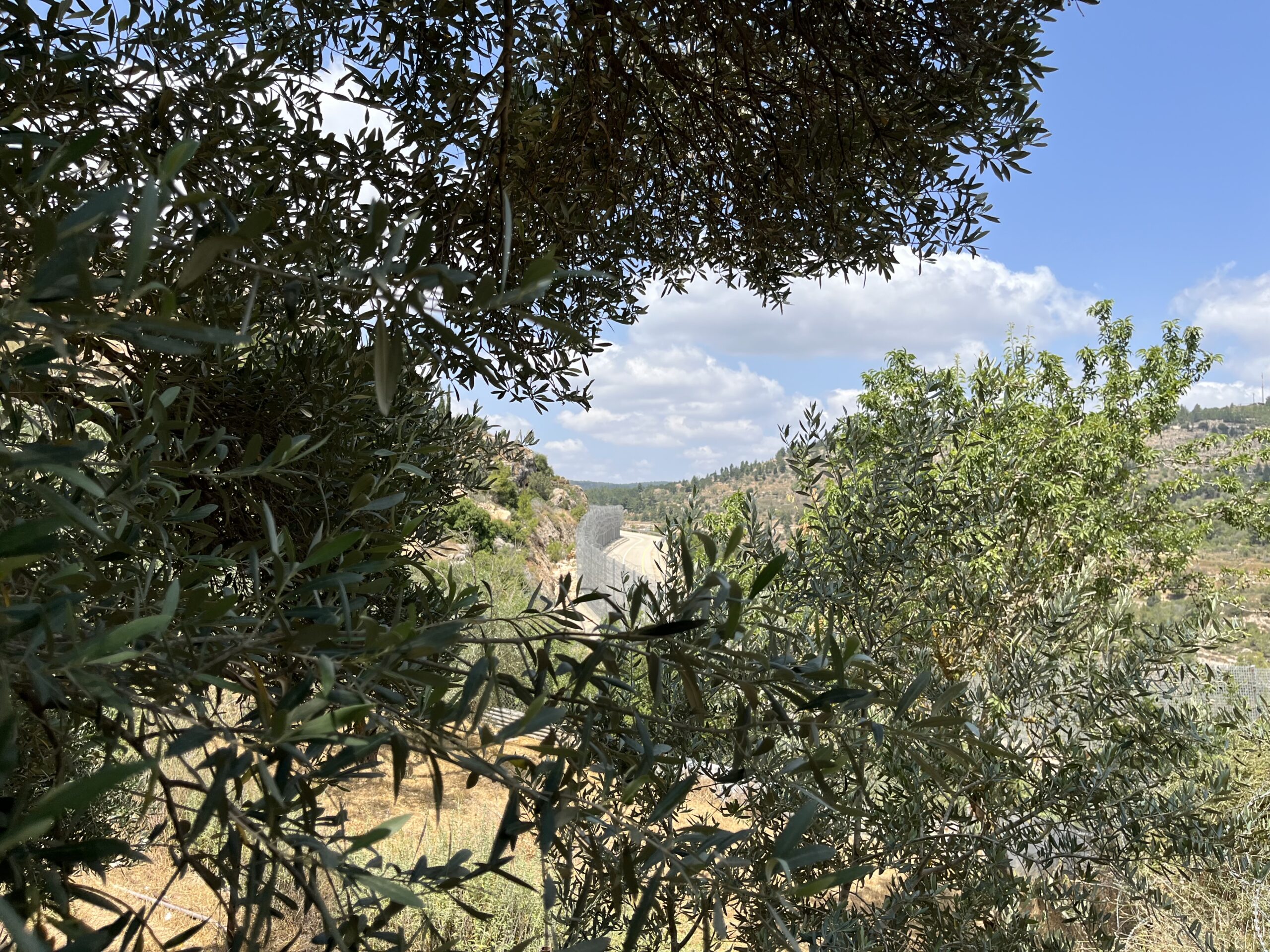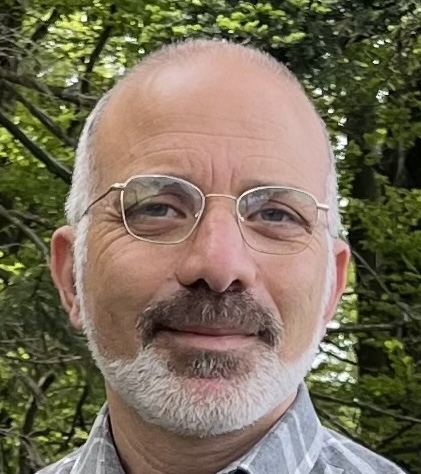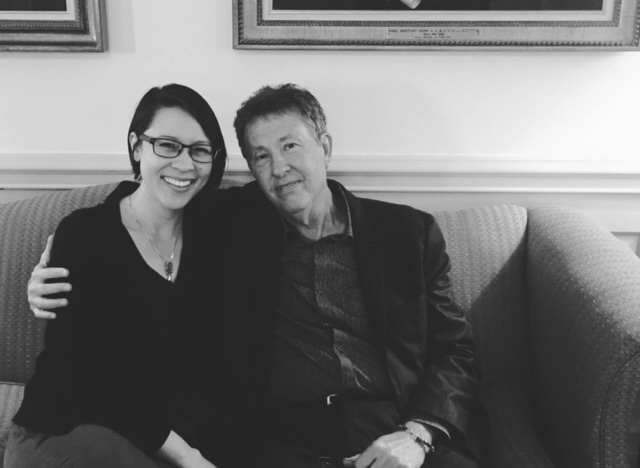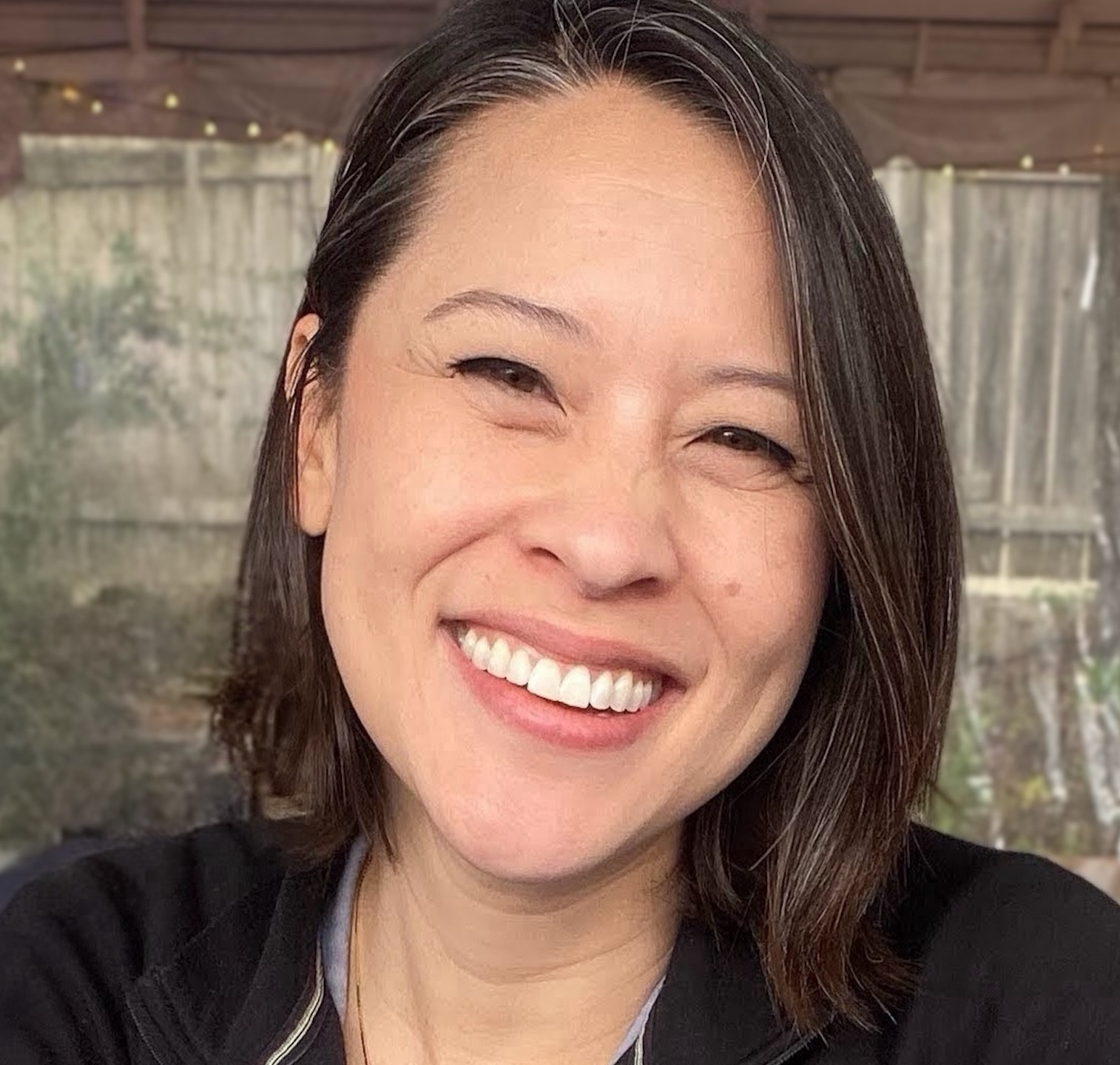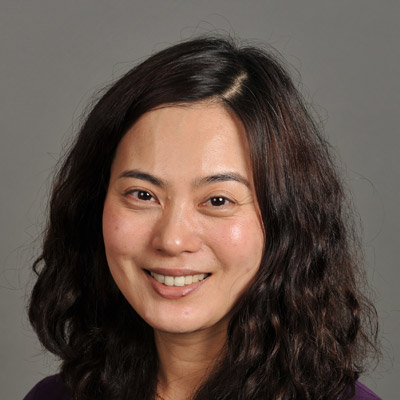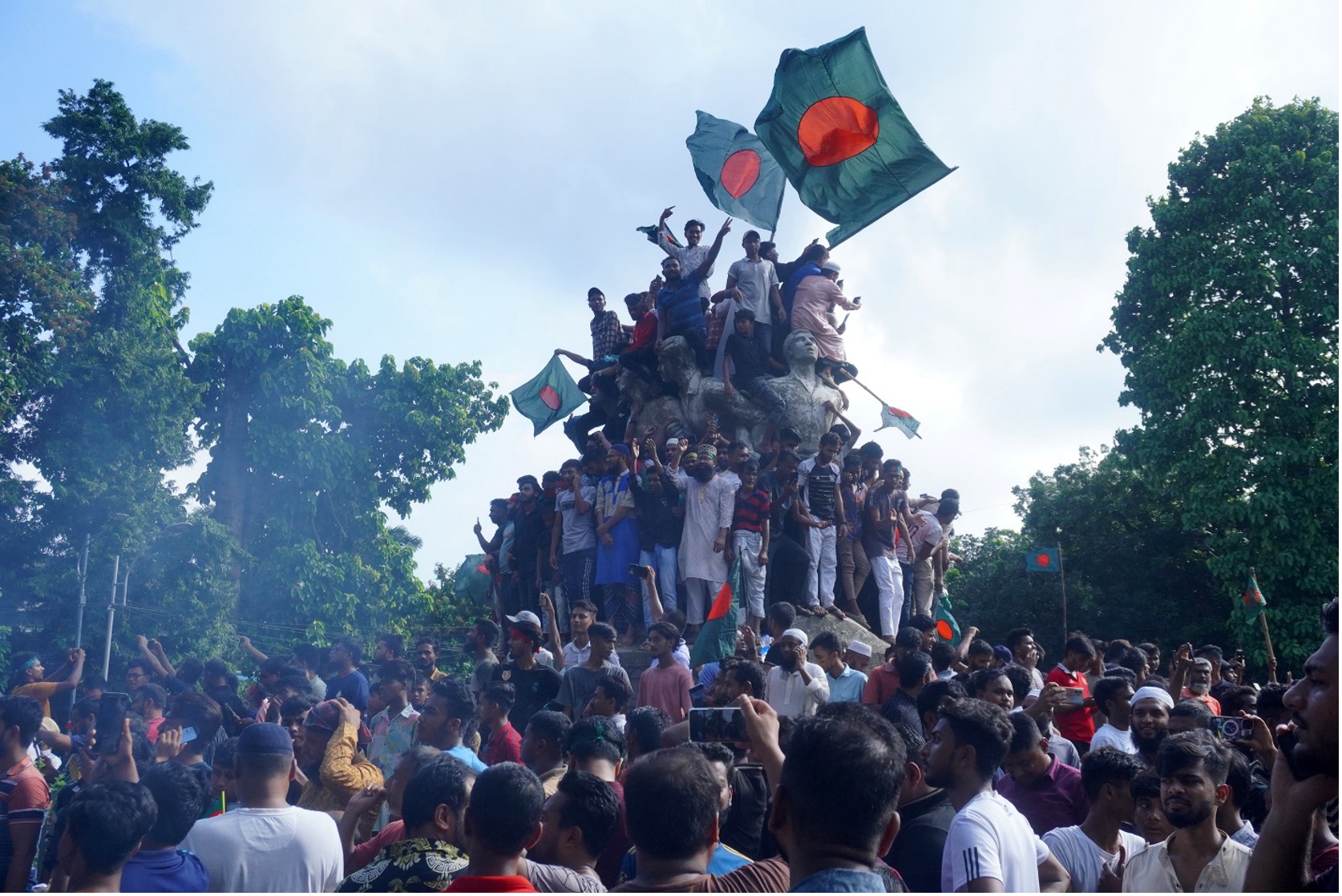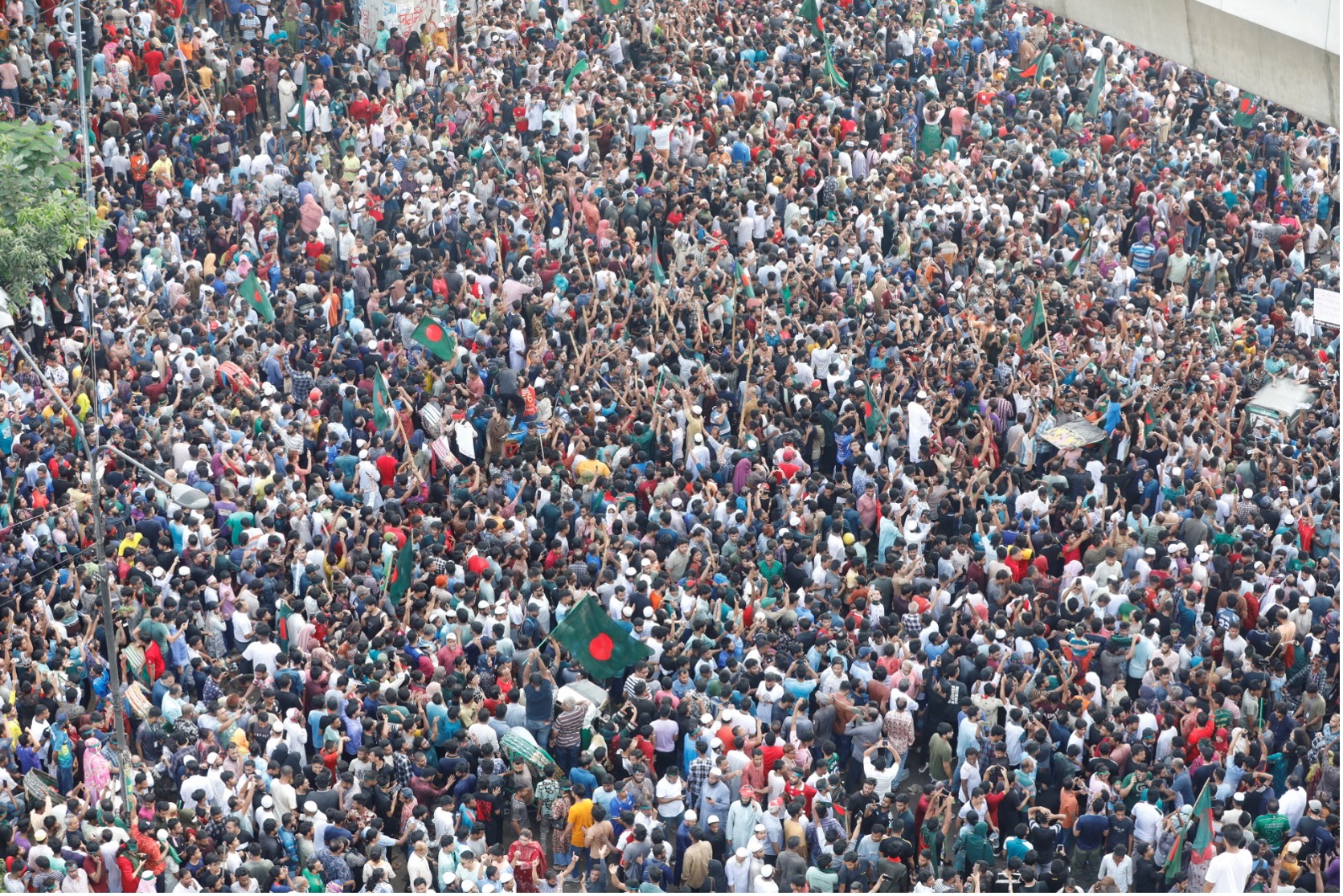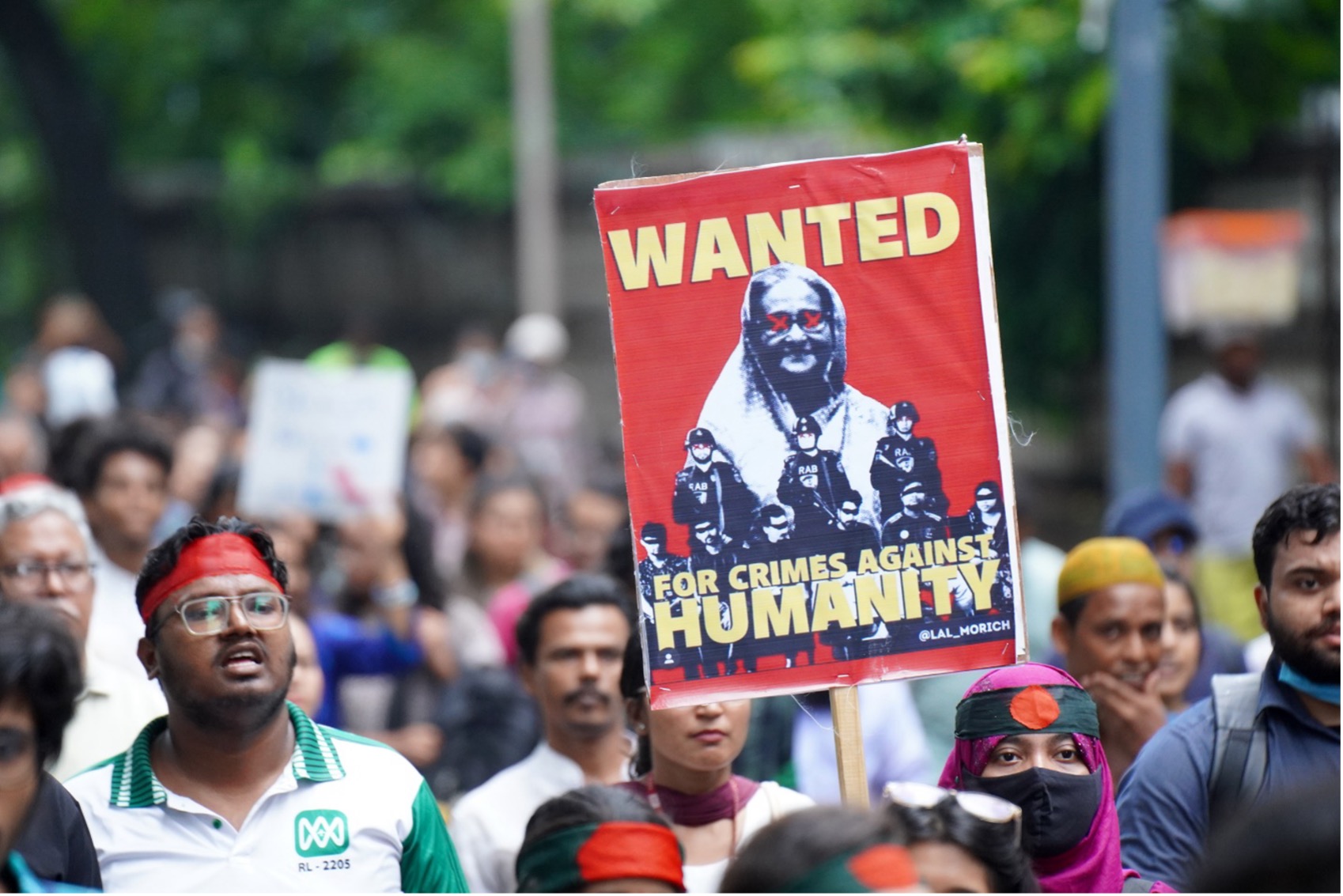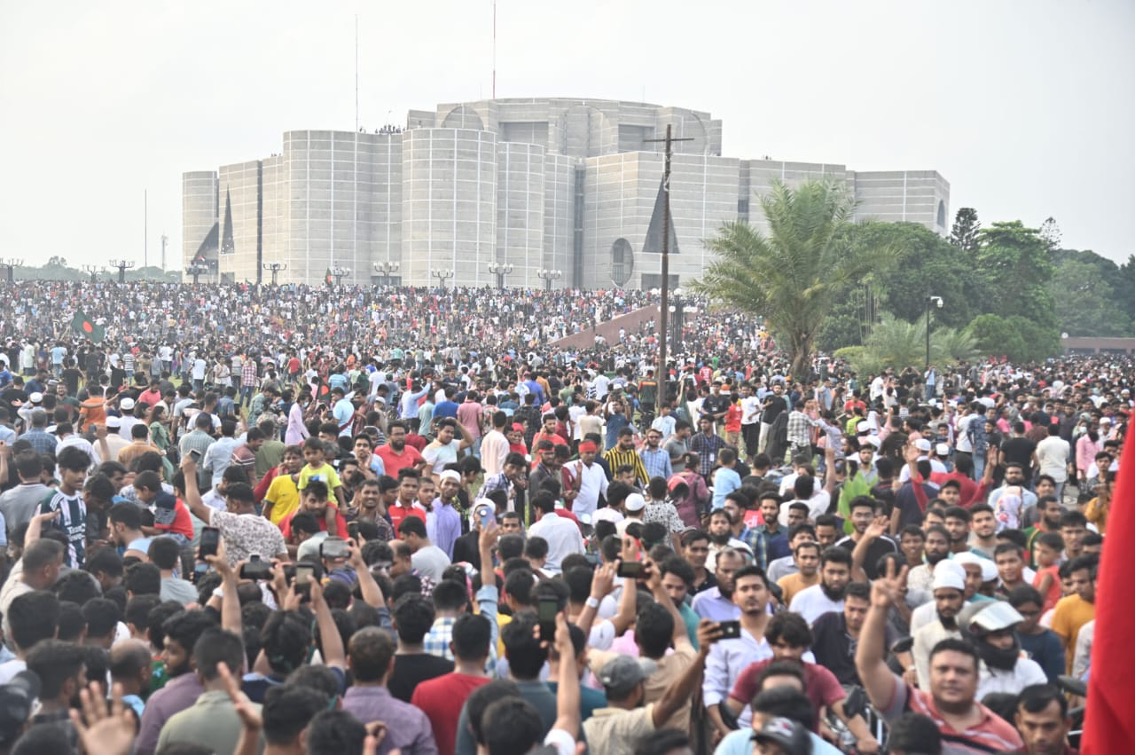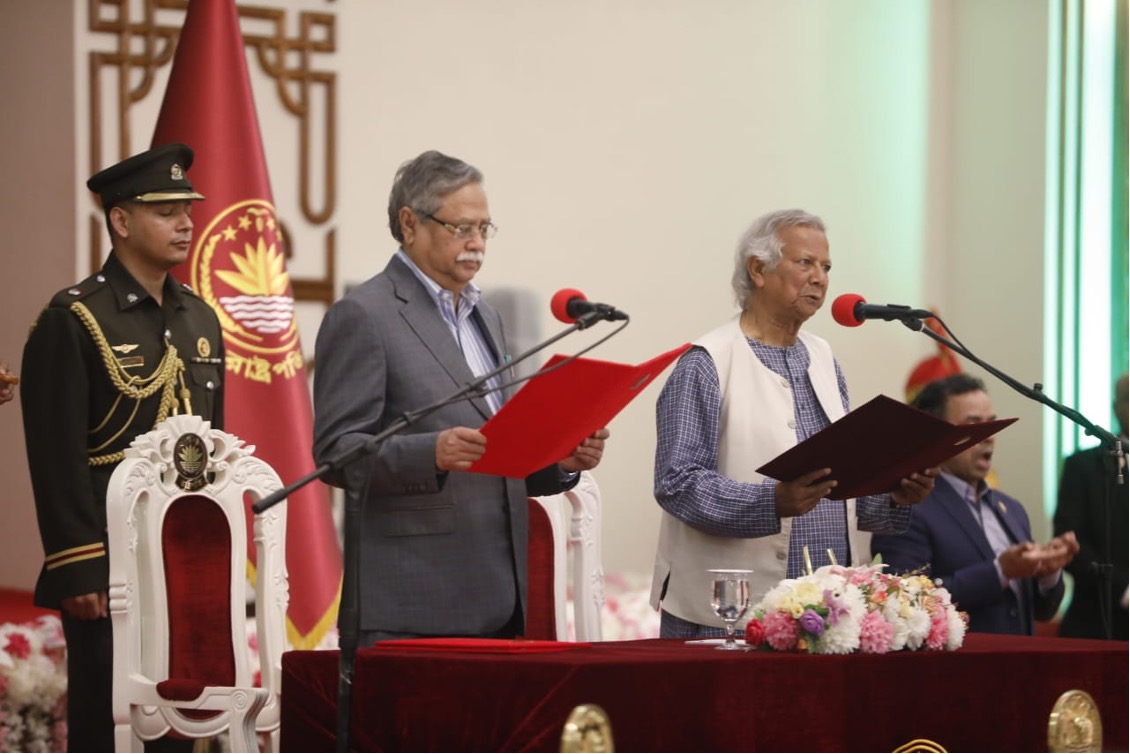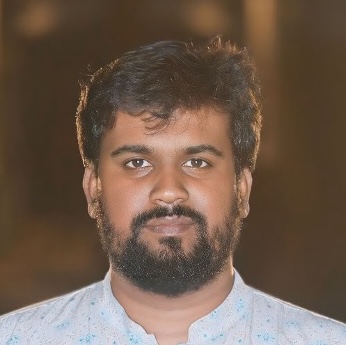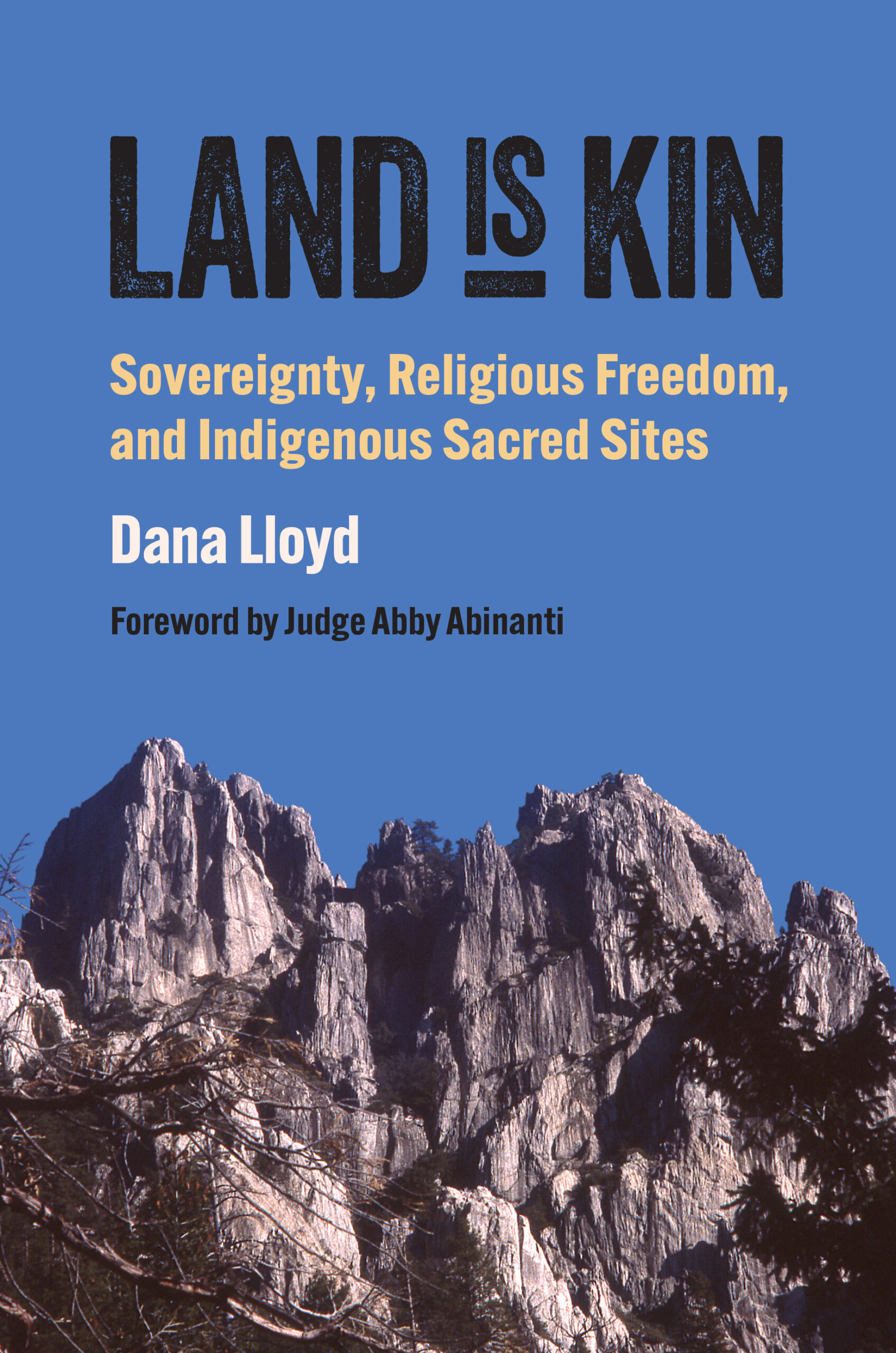 Barbara Sostaita (BS): Hi Dana! I’m so excited to chat about Land is Kin and your reading of the Lyng case. Can you open our conversation by sharing an overview of your project and its arguments, and perhaps the different conceptions of land you engage with in the book—land as home, property, sacred, wild, kin?
Barbara Sostaita (BS): Hi Dana! I’m so excited to chat about Land is Kin and your reading of the Lyng case. Can you open our conversation by sharing an overview of your project and its arguments, and perhaps the different conceptions of land you engage with in the book—land as home, property, sacred, wild, kin?
Dana Lloyd (DL): Thanks, Barbara! Yes, I’m thrilled for our conversation to continue. At the center of Land Is Kin is a place known as the High Country. It is a forest of Douglas fir trees taller than 300 feet, where pre-human ancestors called woge reside, Indigenous doctors train, and medicine is made and gathered. It is the sacred homeland of the Yurok, Karuk, Hupa, and Tolowa Nations, but it is managed by the U.S. government as the Six Rivers National Forest, among the Siskiyou Mountains in Northern California.
In the 1980s, the Yurok, Karuk, and Tolowa Nations argued in court against cutting 733 million board feet of the trees in the High Country over 80 years, as well as against completing the final six-mile section of a logging road known as the G-O Road because it was supposed to connect the towns Gasquet and Orleans. They argued that what the forest service referred to as developing the High Country would irreparably damage their ability to practice their religion in the area, and that free exercise of religion was promised to them by the U.S. Constitution and by the American Indian Religious Freedom Act (1978). The case went all the way up to the U.S. Supreme Court, and while the nations won in the lower courts, in the Supreme Court, where the case is known as Lyng v. Northwest Indian Cemetery Protective Association (1988), they lost.
Given that the Supreme Court only hears 70 cases a year, which make about 10% of the cases brought in front of it, I was surprised to learn that a case about six miles in the middle of a forest made the cut, and even more surprised that the nations lost. In order to answer my questions about Lyng I needed to do two things. The case has been argued, decided, and studied as a case about religious freedom—there are hundreds of law review articles dissecting the nuances of Justice O’Connor’s majority opinion, and every first-year law student in the United States reads it for class—but I needed more context: I especially wanted to see what the testimony and evidence in the original trial were about. I also needed a new theoretical framework with which to think about the case, and I found that thinking of it as a case about Indigenous sovereignty was more productive than thinking of it as a case about religious freedom. And centering sovereignty meant centering land.
I argue in the book that Native American sacred sites cases, especially when the sites are owned by the U.S. government, pit against each other ideas about land as sacred and land as property as mutually exclusive. When this is the case, in a competition between property and religion, property is always going to win, because property is the paradigmatic right and land is the paradigmatic property. But when I read Lyng in its context, I saw that land played other roles in the case as well. While the plaintiffs talked about the High County as their home and as their kin, their lawyers had to focus on the place as sacred and wild, but the forest service and the justices saw it as no more than government property. My reading of the case shows that all these ideas about land could actually live together (just as they do in your own reading of the Sonoran Desert, Barbara). Ultimately, I argue that a multi-faceted understanding of land could lead to a more just treatment of it (and of its people).
(BS): Thanks, Dana. I want to dwell on your emphasis on Indigenous sovereignty. You elaborate on this argument in chapter two of Land is Kin. I was really struck by the ways you unsettle binaries, inhabiting a “third space” (I might call this nepantla). You write that “land can be simultaneously understood as property and as other things that ostensibly contradict the idea of land as property;” you trouble the religious freedom framework that sees religion as either public or private and the “false choice” of having to choose between “acknowledging Indigenous sovereignty with the consequence of destructing the sovereignty of the occupying state; or continuing to deny Indigenous sovereignty.” Can you share more about how you engage with categories or frameworks that might be seen as contradictory or at odds with each other and how you dwell in this in-between, particularly regarding “sovereignty?” What does this approach make possible?
(DL): Thanks for this fantastic question, Barbara. I came to this project thinking that Lyng is a case about Indigenous sovereignty rather than religious freedom. But I thought the case was about sovereignty because the question at its heart was who had the power to decide the fate of the High Country (sovereignty of people over lands). I ultimately understood that I needed a new conception of sovereignty, as partnership with the land (the land decides people’s fate just as much as we decide her fate, if not more so). A few things happened along the way that helped me to see how the different binaries at play in the case fall apart. The more I talked to Yurok (and other Indigenous) lawyers and activists, the more I realized that they don’t only use religious freedom strategically (as opposed to using it out of genuine belief in the idea of religious freedom), they also use sovereignty strategically, when talking at the United Nations, for example. Sovereignty, as they told me, is a western, colonial concept just as much as religion is. So the opposition I had imagined between religious freedom and Indigenous sovereignty as two different theoretical frameworks started losing its significance. As I worked on the book, other binaries started seeming less meaningful as well. Each chapter tells the story of a sphere that has been used as a colonial tool (property, for example, but also the wilderness discourse, religion, and kinship) but also demonstrates how Indigenous peoples have used these spheres as sites of resistance. Ultimately, settler law itself becomes a site of resistance, where Yurok and Karuk testimonies can be seen as bringing Yurok and Karuk ceremony, Yurok and Karuk law, into the settler courtroom.
Furthermore, if we think of this case (of the relationship between Yurok and Karuk people and the High Country) in terms of rights, the outcome of Lyng seems devastating. But as Native American Studies scholar Cutcha Risling Baldy (Hupa, Yurok, Karuk) writes, these peoples still gather medicine in the High Country, enacting what she calls “bio-cultural sovereignty.” If at the beginning of working on this project I thought of it all in terms of struggle, I can now see that collaboration also opens up possibilities (the dam removal from the Klamath River is a result of the tribes working together with the states of California and Oregon; the Yurok Tribal Court coordinates a lot of its cases with state and county courts, successfully getting people out of the federal system). In this sense, the binary notion of sovereignty (according to which the sovereignty of the nation-state and Indigenous sovereignty are mutually exclusive) is harmful.

I want to think, even more broadly, about decolonization in the sense of land return. Decolonization also becomes more possible when we give up binary thinking. I love Elisha Chi’s work on these questions, and how she demonstrates that many things we may not think of as successful #landback initiatives actually are exactly that. And so, even though when I end the book with the Klamath River dam removal I don’t write about it as an instance of #landback, I do want to offer it here as such.
(BS): Yes!! To build on that previous question and your answer, I was in awe of how multivocal your book is—you engage with the words and voices of lawyers, expert witnesses, and Yurok and Karuk witnesses (which, as you point out in the first chapter, are not mentioned in the Supreme Court decision at all), among others. As you introduce us to these different voices, it becomes clear that you are also introducing us to different ontologies. Can you share more about what it meant as a scholar and writer to engage with (and bring together) these different, though partially connected, worlds?
(DL): This is such a great question! My friend and colleague Cecilia Titizano writes that decolonization requires us to stop reducing ontological conflicts into merely epistemological ones.[1] She’d say that underlying cases like Lyng is an ontological dispute over the nature of reality. Specifically, it is a dispute over the nature of the sacred, as we see (perhaps even more robustly) in your own book, Barbara. For the Supreme Court justices, including Justice Brennan who wrote the dissenting opinion in Lyng, what we have here is an epistemological difference: the Yurok, Karuk, and Tolowa peoples consider the High Country to be sacred. No one is asking whether or not the land is actually sacred, and this is in line with the legal framework of “sincerely held belief.” There is no dispute that the plaintiffs in the G-O Road case believe, sincerely, that the High Country is sacred. And therefore the only question the courts are concerned with is that of access—does the forest service’s development plan prohibit those who consider the land sacred from accessing it in order to perform religious ceremony? If the answer is negative, if there is no prohibition, there should be no problem with executing this development plan.
But the Yurok and Karuk witnesses are saying something different. Their argument is not about their belief system. The High Country is sacred, regardless of who considers it so, and doing what the forest service wants to do there has consequences. As the Theodoratus Report (the main piece of evidence submitted in court) explains, “‘improper’ removal [of the trees from the High Country] is likely to bring extremely bad luck or disease to the offender (whether he/she be a believer or a non-believer).” I like witness Chris Peters’s explanation of why constructing a logging road in the High Country is problematic: to demonstrate why asphalt does not belong there he offers an analogy: “last night a woman . . . prayed for us, and to do that effectively, she had to take off everything that was a white man’s stuff, jewelry and things like that, to engage the powers that she has. In the same respect here, you are bringing into a spiritual area something that is foreign to that area, and it is an intrusion.” Peters explains the ontological dispute and at the same time brings into the conversation colonial invasion. Asphalt does not belong in the High Country because it desecrates it; asphalt does not belong in the High Country because it is the White man’s asphalt. The road does not belong in the High Country because White settlers do not belong in the High Country. It is the Yurok, Karuk, and Tolowa home that the government proposes to invade, and it is only in this context that we can fully understand the G-O Road case.
To go back to Titizano, what she calls “the coloniality of the real” negates the presence of multiple ontologies and transforms them into many cultures (multiculturalism), reducing ontological conflicts into merely epistemological ones. Only “western” ontology is considered universal. Reducing what Peters describes as Yurok and Karuk ontology (one might say, theology) into a cultural belief ultimately helps to justify colonial invasion. And so Land Is Kin wants to read all the stories about land that we hear in Lyng (both the colonial-legal story and the Indigenous story) as multiple ontologies that can co-exist.
(BS): I have learned so much from your book and this exchange, Dana. For the last question, I want to turn to your last chapter and conclusion. Here, you write about a 2019 resolution passed by the Yurok Tribal Council that extended rights to the Klamath River and about a project authorized in 2022 to remove four dams from the Klamath River, clearing hundreds of miles of salmon habitat. In these sections, you engage with questions of rights, responsibilities, and obligations—continuing, as you have throughout the book, to unsettle false binaries and insist on multiplicity. I’m interested in hearing more about the role of land in nurturing or pursuing rights and kinship. You write about water’s refusal to “adhere to state, municipal, or reservation boundaries.” You refer to the “agency of place” and to “land as a protagonist.” Ultimately, you suggest, “If we started this book’s journey with the human right to use the land … we are ending it with the rights of the land itself.” How is land active, alive, present, and engaged in the struggles you write about in Land is Kin?
(DL): I end the book with the Yurok Tribal Council’s 2019 recognition of the Klamath River as a legal person, and I see it as an assertion of Yurok sovereignty, which is tied, importantly, with the Yurok’s fulfillment of their obligation to care for the river. But I want to emphasize here that recognition, legal or otherwise, is not what makes the river (or land more generally) into a person. Land is alive, and its agency does not depend on recognition by human beings. The fact that the High Country has not been domesticated (or “developed,” as the forest service thinks of it), that it has maintained its integrity through two hundred years of colonial invasion, including the Lyng case, suggests as much.
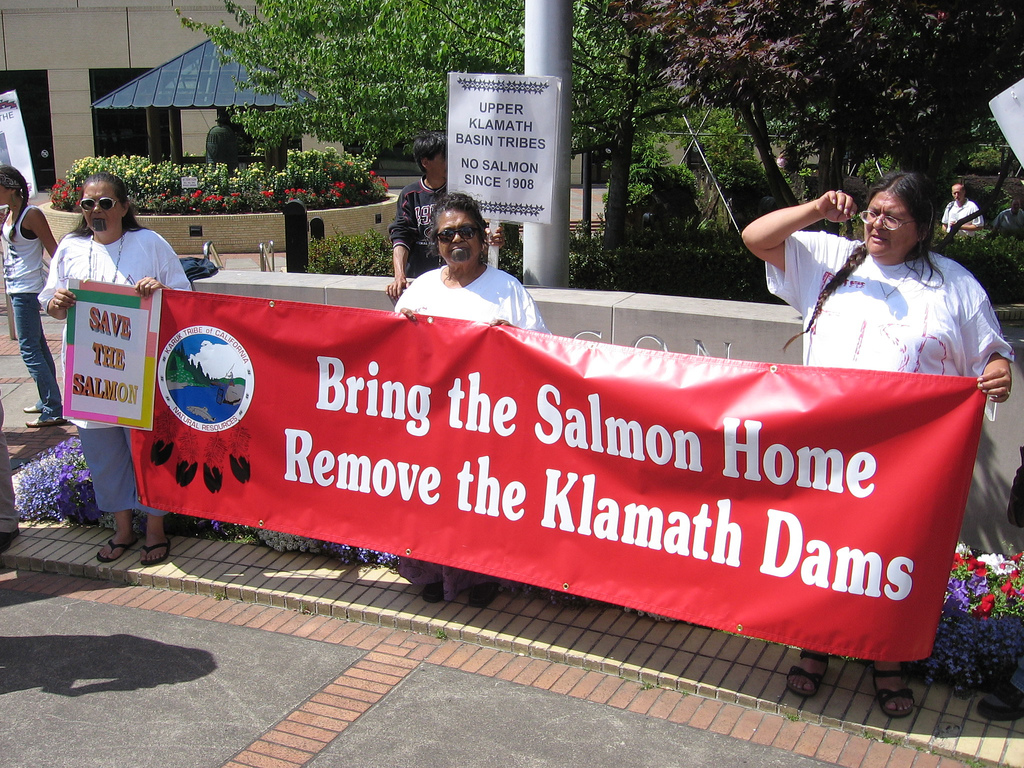
The witnesses in the G-O Road trial describe instances when they were called to go to the High Country to talk with the Great Spirit (some say they have received warnings from the Great Spirit, that something bad would happen if they don’t go). Since the question of accessibility (or inaccessibility) of the High Country is central to the case, the judge asks witness Chris Peters what happens if one gets a calling, or a warning, during wintertime, when snow makes it impossible to walk into the High Country. Peters responds: “It would depend on the individual. The individual may die. Bad things may happen to his family, members of his family could die.” The judge keeps questioning: would a person try anyway? Even knowing that you can’t make it? and Peters explains that it depends on a person’s persistence: “If your children were dying, you might attempt to do that.” I think this exchange contains everything we need to know about land’s agency and about kinship. The Great Spirit might call you to go to the High Country, and nevertheless, the High Country might kill you for trying to get there. If it is your family you are trying to protect, you might attempt a visit to the High Country even knowing you will likely fail; indeed, you might try even knowing it will probably kill you. We could see an analogy here to the Lyng case itself: knowing that they are doomed to lose in a settler court—indeed, knowing that such a loss may have serious consequences for future Indigenous sacred sites cases—the Yurok, Karuk, and Tolowa people are doing everything they can to protect the High Country as their kin.
And even though the Lyng case was lost, the High Country is still free. The Klamath River is running free now, after the largest dam removal project in U.S. history was completed in 2024. I think that these triumphs have a lot to do with the people declaring and executing their sovereignty, but I think that the High Country and the Klamath River are also working here to free or heal themselves (and their people). I think about my own children. Often, when they struggle to achieve something, the knowledge that I’m there with them is enough for them to succeed on their own. I have responsibility to care for them, but they have the agency, and capacity, to try and succeed. And of course, they take care of me as well. When I think about the relationship between the Yurok people and the High Country or the Klamath River as kinship, this is the kind of reciprocity I think about. Thanks, Barbara, for helping me see my own work with new eyes here.
[1] Cecilia Titizano and Dana Lloyd, “The Bankruptcy of the Category of Religion: A Decolonizing Approach,” Journal of the Council for Research on Religion, vol. 5 no. 3 (forthcoming).



